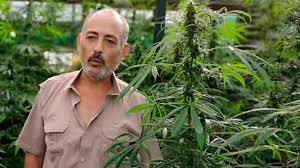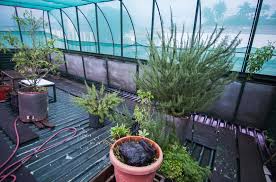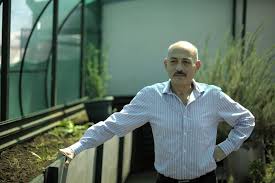
The evidence with which the guilty verdict of lawyer Mario Cerdas Salazar was given, for the cultivation, possession, supply, and transformation of marijuana, are illegal and therefore his acquittal proceeds conclude one of the members of the Criminal Court of Alajuela when voting against the sentence imposed on the lawyer, eight years in prison.
Judge Alberto García distanced himself from the decision handed down by his colleagues Giovanni Hernández and Miguel Abarca, considering that the evidence collected by a collaborating police officer is “spurious” since the rights of the sentenced were violated. This position coincides with the presentation made during the debate by Cerdas’s defender, José Miguel Villalobos, who is preparing to appeal the court’s ruling.
“The basis for which I depart from the criterion does not have to do with the protected legal materials, with therapeutic purposes or not … in that I agree with my colleagues. But there is a situation that brought the technical defense to the stage and it is the illegality of the activities carried out by the police collaborator.
“The defense questioned the possibility that the police had the competence to record images inside a private house. That is the essential aspect for which I consider the incrimination to be illegal. It is that and many other aspects,” Garcia indicated when listing the reasons why he voted against the guilty verdict.
The Judge questioned the neglect that is evident in the figures of the collaborating police force, to the point that he considered it as “open and unregulated”, due to the concise framework provided by the Law on Narcotic Drugs and Psychotropic Substances in its articles 10, 11, 12 and 13. “It seems that the police collaborators are given powers to simply do what they want,” said the judge.
Contrary opinion

In García’s opinion, these attributions have “strong and formal limits”, such as the sphere of privacy, the rights of the personality and not to incriminate oneself. “In the particular case of the police collaborator, using the double deception that the figure signifies … posing with a false identity and also by gaining the trust of the suspect, he managed to enter the home of Mr. Mario under that deception, because if it had not been for that deception, Don Mario would never have allowed him to enter.
“So, it was known that he was a suspect, it was known that there was an investigation with him and even so it was decided to use the figure not to obtain something outside Don Mario’s house, which is what normally happens, such as a controlled purchase; no, but to enter the house of Don Mario, to enter the house of a defendant with a hidden closed-circuit camera with which audio and video were recorded, and so that the suspect could be detained,” said the judge.
For the judge, this diligence violated Cerdas’ right to the inviolability of the home, provided for in article 23 of the Political Constitution. As a result of this, his constitutional rights were violated by recording him and his home; this was questioned by Villalobos.
Through this (illegal) collaborator, Cerdas’ communications were also intervened, when their conversations were transmitted to the Judicial Investigation Agency (OIJ). These recordings were eliminated for not having the authorization of a judge, but before that, they were listened to and extracted information that gave rise to obtaining evidence. An example of this is that Cerdas gave a telephone number that was later tapped. Given these reasons is why he considered the evidence to be illegal, the judge stated that only vague elements remained and were not enough to convict Cerdas.
Defense will appeal

The defense lawyer José Miguel Villalobos announced that he will appeal the sentence imposed on Mario Cerdas Salazar once he receives the ruling in full. However, the lawyer said that he would not comment publicly on the arguments that he will include in the appeal until it is formally presented.
In his social media profile, Villalobos highlighted the saved vote of Judge Alberto García and that the remaining members of the Alajuela Criminal Court considered that his client-supplied marijuana for therapeutic purposes and without charging, and that the sentence was handed down because he did so without legal authorization and permits.
“We will continue to fight for a judicial determination that the therapeutic use of marijuana is legal in Costa Rica,” the lawyer wrote.

